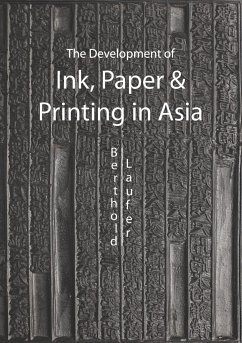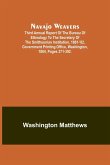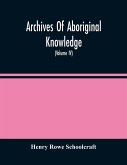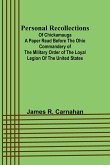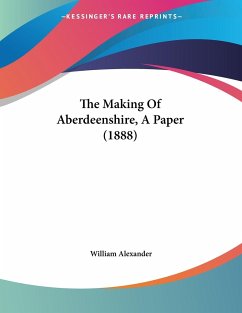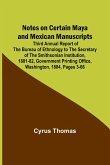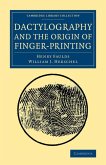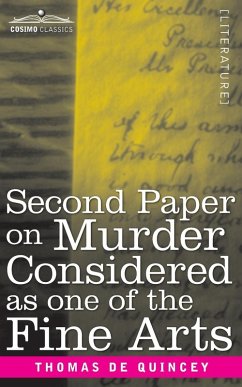Essays on the origins of ink, paper and printing in Asia, tracing the early development of these technologies in China, Korea and Japan, and their later migration westward through South and Central Asia to Europe and America. The author, Berhold Laufer, a brilliant sinologist and linguist, quite correctly states that, without these developments, "there would have been no adequate record of the past, no progress, no science; it marks the dawn of civilization, it sets off civilization from savagery." Laufer draws on primary sources and linguistic clues to reconstruct not only the timeframes and evolution of these technological developments, but also the materials and methods which the ancients used, the folklore that developed around ink and printing, and how these technologies eventually reached the West, many centuries after their origin. Along the way we learn how Chinese and other east Asians recorded information prior to the invention of printing, how the Buddhist sangha were the first users of early printing, how ink was employed as an tribute to rulers and the gods, that ink was used for both medicinal and punitive purposes and much more. A must read for all with interest in Asian culture and its contributions to human progress.

